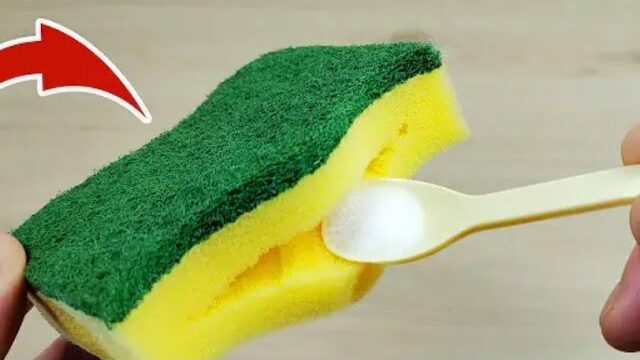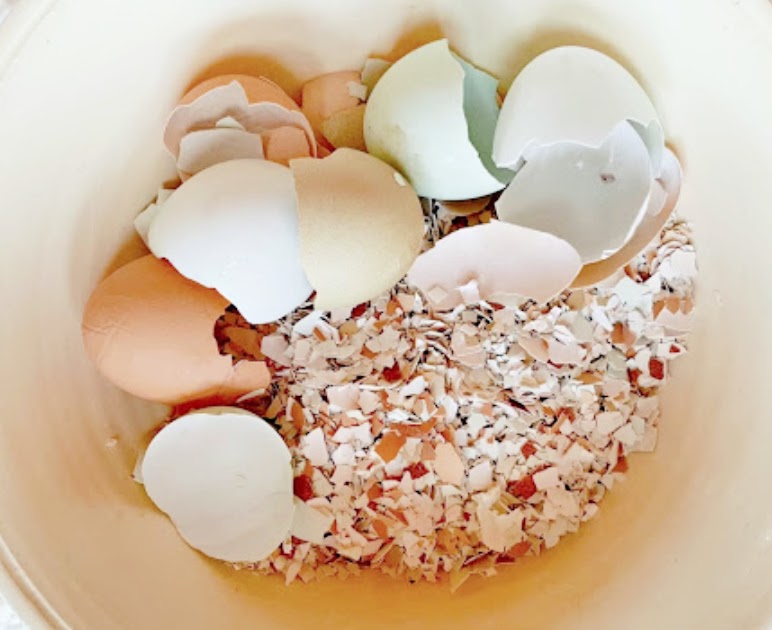
Salt isn’t just for seasoning your favorite dishes—it also serves as an incredible cleaning agent that, when combined with a sponge, can work wonders around your home. This simple yet effective method can help tackle a variety of cleaning tasks, proving that sometimes the best solutions are the most straightforward. Let’s explore how putting salt in a clean sponge can solve problems and make your cleaning routine a breeze.
Why Use Salt with a Sponge?
Salt is a natural abrasive and a mild antiseptic, which makes it excellent for cleaning and deodorizing. When added to a sponge, it enhances the sponge’s ability to scrub away tough stains and odors without the use of harsh chemicals.
How to Use Salt in a Sponge for Cleaning
-
Prepare Your Materials:
-
All you need is table salt and a clean sponge. Make sure the sponge is damp but not soaking wet to keep the salt from dissolving too quickly.
-
-
Application:
-
Sprinkle a generous amount of salt directly onto the damp sponge.
-
-
Cleaning Uses:
-
Refresh Cutting Boards: After chopping garlic or onions, scrub your wooden or plastic cutting boards with the salted sponge. Salt’s natural abrasiveness helps remove residual odors and food particles.
-
Clean Greasy Pans: Use the salted sponge to tackle greasy residue on pans and stovetops. The salt acts as a scouring agent, cutting through the grease without scratching surfaces.
-
Brighten Coffee Cups and Mugs: Remove tea and coffee stains from ceramic mugs by scrubbing them with a salted sponge. It’s gentle on the ceramic but tough on stains.
-
Tackle Mildew in the Bathroom: Scrub bathroom tiles and shower curtains with a salted sponge to combat mildew and soap scum build-up.
-
-
Rinse and Dry:
-
After using the salted sponge on any surface, rinse the area thoroughly with water to remove any salt residue. Allow the surface to dry completely.
-
Benefits of Using a Salted Sponge
-
Eco-friendly: Salt is a natural, biodegradable substance, making this method friendly to the environment.
-
Cost-effective: Salt is inexpensive and widely available.
-
Non-toxic: Using salt for cleaning reduces the need for chemical cleaners, which is beneficial for those with allergies or sensitivities.




